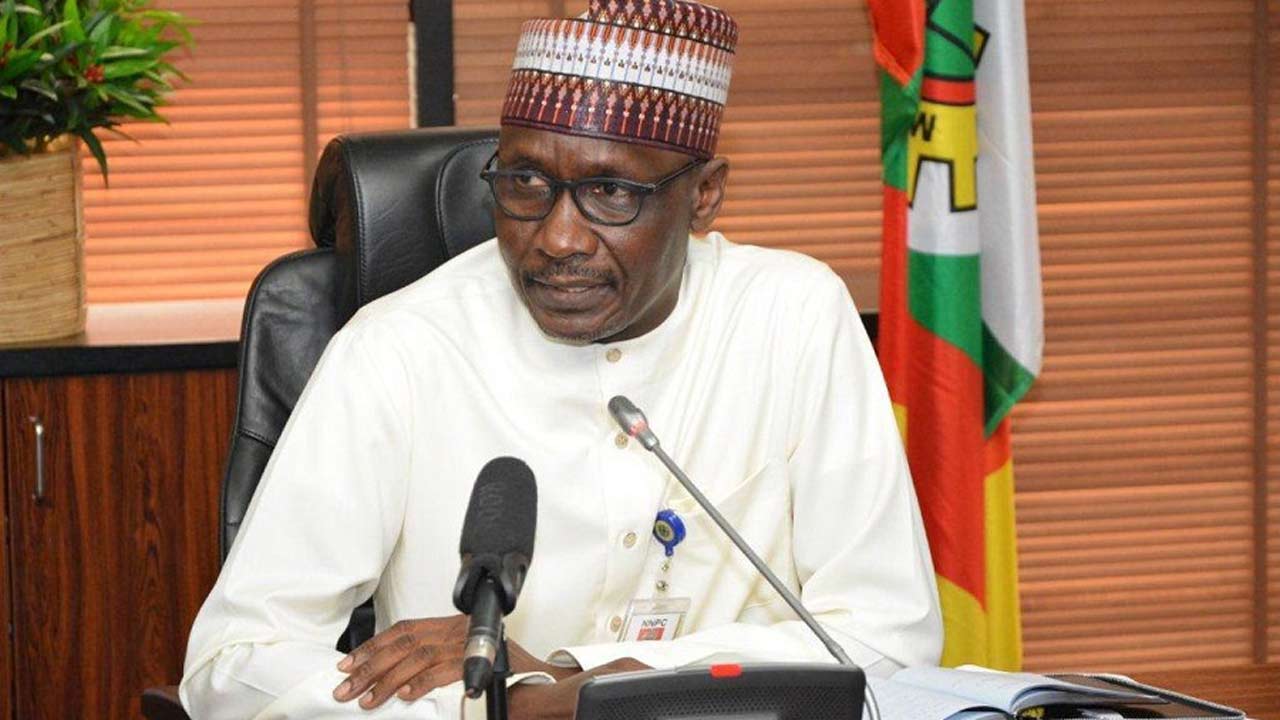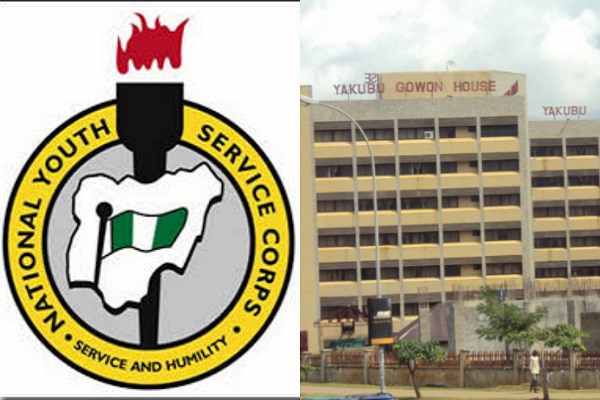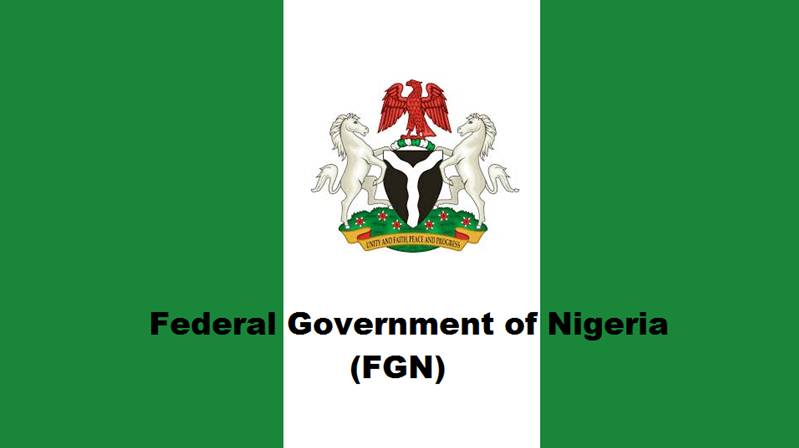General
Energy demand in Africa to increase by 35%

Malam Mele Kyari, Group Chief Executive Officer, Nigerian National Petroleum Company Ltd., says energy demand in Africa is expected to increase between 30 to 35 per cent in the next twenty years.
Kyari said this at the seventh edition of Sub-Saharan Africa International Petroleum Exhibition and Conference (SAIPEC) on Tuesday in Lagos.
According to him, the increase will support the projected increase in population and industrialisation.
The News Agency of Nigeria (NAN) reports that the conference was organised by the Petroleum Technology Association of Nigeria (PETAN).
The conference has its theme as “Harnessing a Sustainable African Energy Industry through Partnerships”.
Kyari, who was represented by Mr Adokiye Tombomieye, Executive Vice President (Upstream), NNPCL, said that the conference came at a time when the Nigerian oil and gas industry was experiencing a significant transformation, following the passage of the Petroleum Industry Act (PIA 2021).
The NNPCL helmsman said the need for partnership was more reinforced as more African countries continue to make hydrocarbon discoveries.
”We should collaborate and share knowledge and help each other in critical areas, including technology, exploration and production, research and development, technical expertise and human capacity development to spread the wealth within the continent.
“This would in no small measure assist in achieving energy independence and also aid the transition to cleaner energy sources such as gas to sustain the region.
“This presents an enormous opportunity for us to form partnerships across the continent and build a sustainable future,” he said.
Kyari said that the Act had provided role clarity in governance, rulebased administration, attractive and flexible fiscal terms and direct benefits for the host communities.
According to him, all these are targeted at creating enablers for investor confidence in the Nigerian oil and gas sector, where ample opportunities exist.
“Ironically, our restructuring is happening at a time when the Energy transition discussion is gaining momentum, and major fund providers for petroleum upstream investment are now activists and anti-fossil fuel.
”As I have always canvassed, decreasing investments in hydrocarbon ventures cannot guarantee global energy security in the near future.
“Rather, an inclusive policy that guarantees access to finance and low-carbon technologies are key to sustaining global energy security and equitable growth,” he added.
He said that Nigeria needs to capitalise on the advancements made in the industry to meet its energy demand, being geographically situated in the sub-African region and as a leader in the oil and gas industry in sub-Saharan Africa.
Kyari said the country also needs to guarantee energy supply, expand its economies and overall, build a sustainable future for millions of people beyond its shores.
“At NNPC Limited, we understand the importance of partnerships in achieving a sustainable energy industry in Africa.
“This is why we have been working closely with countries, companies and other stakeholders to develop innovative solutions that meet the energy needs of the continent.
“We must acknowledge that this new era of automation and artificial intelligence is focused on the application of cutting-edge technologies.
“Such as the use of robotic drilling systems for unmanned operations, the deployment of cognitive computing in upstream operations, super specialised sensors for real-time monitoring and maximisation of reservoir yields,” GCEO explained.
In his remarks, Mr Nicolas, Odinuwe, PETAN’s chairman, said SAIPEC I, one of the premier annual energy conferences within the sub-Sahara Africa, brings together hundreds of local and international companies, including technology providers.
Odinuwe said the conference also facilitated regulators to inform on domestic and international energy sector developments, business transactions and cross border collaborations.
According to him, energy is core to the economies of 55-member states that constitute Africa.
He said, “As part of ways to harness and sustain the Sub-Sahara energy market, PETAN has continued to reach out to other regions and bodies for partnerships, collaboration and support.
“This includes an African local content business e-platform, a one-stop collation of available opportunities, capacities and capabilities within the Sub-Sahara. It is currently being developed by the local content associations and will be launched by third quarter 2023.
Read Also: Court orders Benue Govt. to pay retirees N26.3m
“It is integrated one-skill passport for welding and related practices with TWF, African local content funding (coordinated by NCDMB).
“PETAN Seal of Quality (PSQ) launched few years ago is being expanded to be industry inclusive in partnership with NCDMB and relevant stakeholders. Our collaborations have also extended to Uganda, Mozambique, Tanzania, Senegal, Ghana, Angola, Guyana etc.
With the African Continental Free Trade Area (AFCFTA), Odinuwe noted that African Union should consider a unified or integrated African certification and standard as practiced in America, European Union, Britain etc.
“We should seriously consider eliminating multiple certifications domiciled outside our sphere and the associated huge foreign exchange impact.
”These institutions outside Africa is supported by their governments have made respective standardisation agencies confined to just names. The TWF personnel certifications/skill passport is a step in the right direction,” he added.
According to Odinuwe, human capacity development is very fundamental in the growth of any economy and local content.
He added that as technology is evolving, it is important to constantly acquire new knowledge and skills through training and retraining.
NAN reports that the conference recorded about 800 conference delegates, 50 participating countries, 200 exhibitors and 6,000 exhibition visitors. (NAN)
General
Customs generated N275.8m in Ogun in 2024 – Comptroller

Nigeria Customs Service (NCS), Ogun 1 Area Command, says it generated a total revenue of N275.8 million within the state in 2024.
The Comptroller of the command, Mr Mohammed Shuaibu, disclosed this during a news conference on Tuesday in Idiroko, Ogun.
Shuaibu said that the ‘huge revenue generation’ was made possible through the diligent efforts of the command’s officers and cooperation of traders.
He also said that the command was able to achieve the milestone through intelligence-driven operations and dedication of the officers.
“The revenue was actualised through the collection from baggage assessment, proceeds from auction sales of premium motor spirit (PMS) and vehicles,” he said.
Shuaibu listed the items seized to include: 16,712 bags of foreign parboiled rice, 139,881 litres of PMS, 940 rounds of live ammunition, 71 sacks of Cannabis Sativa and 3,253 parcels of same substance.
Others were: 586 bales of used clothes, 86 vehicles used for conveyance, 18 foreign used vehicles, 2,150 pieces of used pneumatic tyres, 760 pieces of donkey skins, 3,766 cartons of frozen poultry products and 85 bags of imported flour.
“These achievements are a testament to our efforts at combating smuggling activities, protecting the economy and safeguarding the well-being of the society,” he said.
Shuaibu commended the Comptroller-General of Customs, Mr Adewale Adeniyi, for his continuous support and for creating an enabling environment for the command to thrive.
He also lauded the officers and men of the command for their resilience, professionalism and dedication to duty, saying that these were instrumental to achieving the milestones.
General
NYSC seeks Osun transport system’s support for safety movement of corps members

The National Youth Service Corps (NYSC) has solicited for the support of Osun State Transport Management System (OSTMS) to enable corps members deployed to the state to locate the orientation camp with ease.
Mrs Funmi Okundaye, NYSC’s Assistant Director, Information and Public Relations Unit in Osun, stated this in an interview with the News Agency of Nigeria (NAN) on Monday in Osogbo.
NAN reports that the 2024 Batch C, Stream II corps members deployed to the state will commence their three-week orientation between on Jan. 22.
According to her, the transportation management system plays key roles in the movement of corps members to the camp and their various places of deployment across the state after the compulsory three-week orientation.
“The OSTMS roles cannot be over-emphasised, looking at the assistance being rendered to some corps members who have never been to the state before,’’ she said.
Okundaye called for more assistance from the organisation to enable corps members locate the orientation camp with ease.
According to her, the swearing-in of the new corps members will hold on Jan. 24 at the state orientation camp ground, with notable stakeholders expected to be in attendance.
She called for the support of all stakeholders in making the exercise a successful one.
Okundaye assured that NYSC would not relent in achieving its set goals and objectives, especially for the corps members deployed in the state.
Education
FG harps on skills acquisition, education for women in detention

The Federal Government, on Tuesday, emphasised the critical role of skills acquisition and education in the rehabilitation of women in detention.
Minister of State for Education, Dr Suwaiba Ahmad, stated this at “the Women in Detention Workshop”, organised by Prison Rehabilitation and Welfare Action (PRAWA), in Abuja.
The News Agency of Nigeria (NAN) reports that the event was organised to mark PRAWA’s 30th anniversary.
Ahmad, who stressed the need for addressing the needs and rehabilitation of women in detention, said that such women must be equipped with adequate skills for self-reliance.
“This gathering reflects our shared resolve to ensure that even within the four walls of correctional facilities, women are afforded the dignity, support and opportunities necessary to rebuild their lives.
“Education, both formal and informal, is central to the transformative power of rehabilitation. It is not merely a tool for personal development but a lifeline that can open doors for reintegration and independence.
“For women in detention, education is a pathway to self-discovery, self-reliance and the restoration of hope. Beyond education, skills acquisition is a critical component of rehabilitation.
“Many women in detention face economic hardship and social exclusion which often perpetuate cycles of criminality,” she said.
Ahmad said that by equipping them with skills relevant to their communities and marketable in today’s economy, such women would be empowered to return to society as productive and self-reliant individuals.
Ahmad further said: “Rehabilitation and reintegration are not acts of charity; they are investments in humanity.
“By prioritising the education, skill acquisition and special needs of women in detention, we create a society that values second chance and upholds the dignity of every individual,’’ the minister said.
Earlier, the Executive Director of PRAWA, Dr Uju Agomoh, said the organisation, a CSO, was established in 1994 to promote security, justice and development in Africa.
She also said that the event was designed to tackle the broader issues of prison conditions as well as human rights violations and rehabilitation.
“One key initiative is training health workers and legal professionals on how to document and address torture cases, focusing on the internationally-recognised `Istanbul Protocol’.
“In addition, PRAWA is working closely with Nigerian universities, including University of Lagos, University of Abuja and several others.
“This is to introduce paralegal training programmes that will empower students to assist in legal and human rights efforts within the criminal justice system,” Agomoh said.
-

 Headlines4 years ago
Headlines4 years agoFacebook, Instagram Temporarily Allow Posts on Ukraine War Calling for Violence Against Invading Russians or Putin’s Death
-

 Headlines4 years ago
Headlines4 years agoNigeria, Other West African Countries Facing Worst Food Crisis in 10 Years, Aid Groups Say
-

 Foreign4 years ago
Foreign4 years agoNew York Consulate installs machines for 10-year passport
-

 News1 year ago
News1 year agoZero Trust Architecture in a Remote World: Securing the New Normal
-

 Entertainment3 years ago
Entertainment3 years agoPhyna emerges winner of Big Brother Naija Season 7
-

 Headlines1 year ago
Headlines1 year agoNigeria Customs modernisation project to check extortion of traders
-

 Entertainment2 years ago
Entertainment2 years agoMovie download platform, Netnaija, announces closure
-

 Economy2 years ago
Economy2 years agoWe generated N30.2 bn revenue in three months – Kano NCS Comptroller







